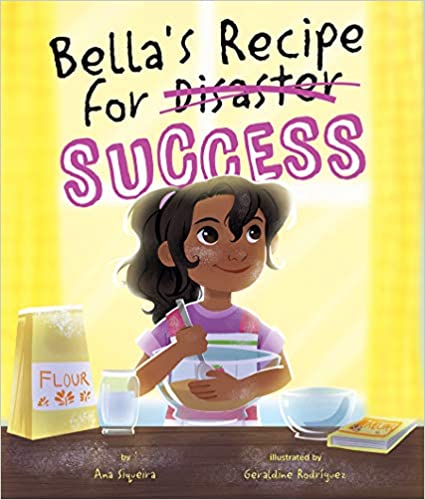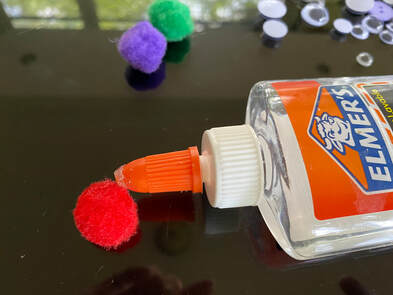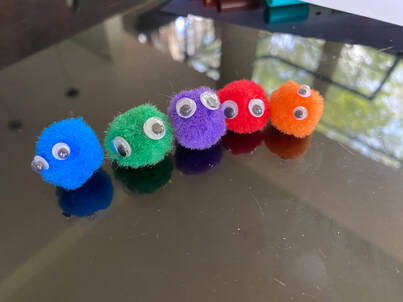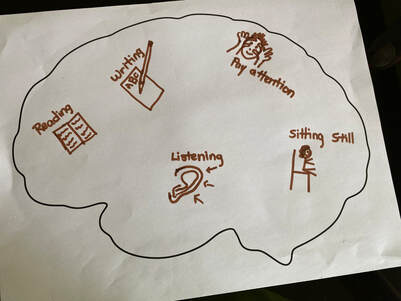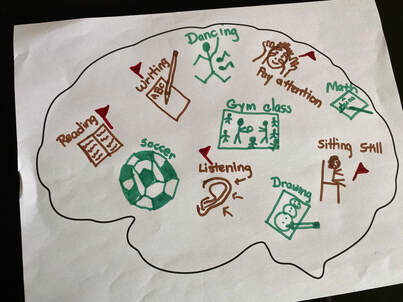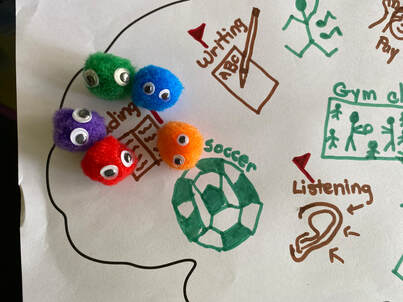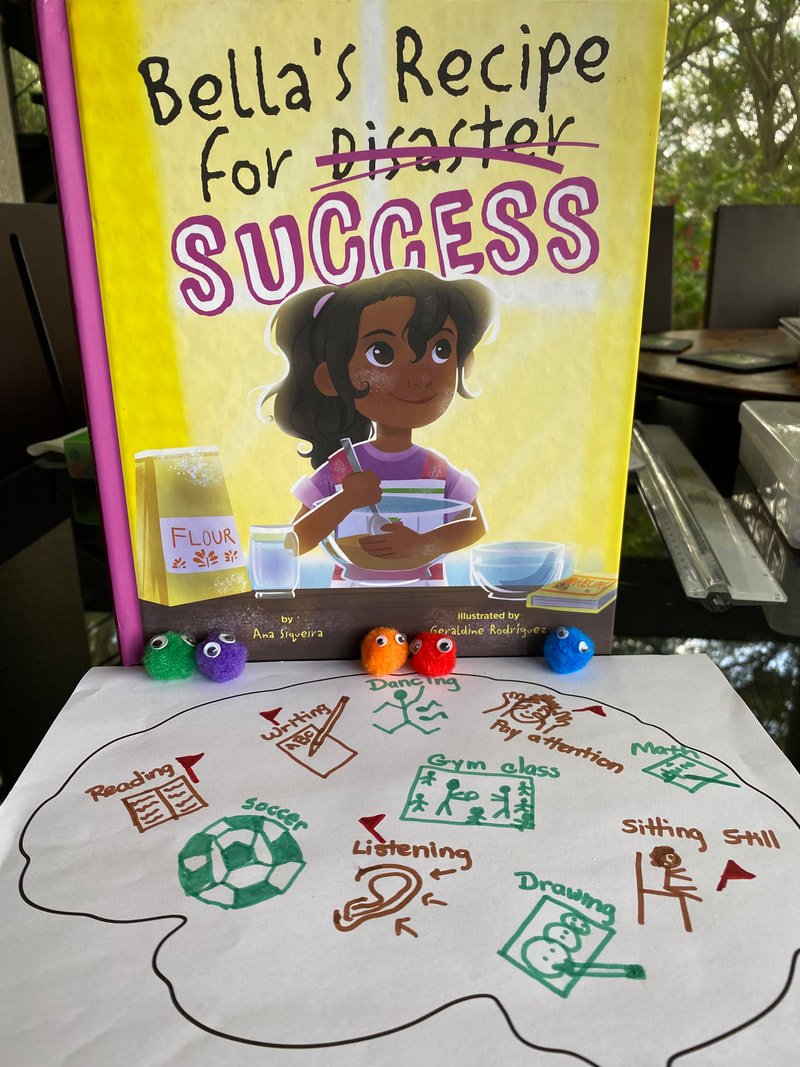A Book Review of Bella's Recipe for Success
Bella, the main character, upon witnessing the special skills of her siblings, searches for her own strengths. However, after half-hearted attempts at gymnastics and piano-her sibling's skills-she comes up empty. Then she decides that maybe baking is an area in which she can excel, like her abuela (grandmother). After much frustration and discouragement with her baking attempts, she persists. In fact, she tries so many times that I'm pretty sure she ran out of vanilla in the process! And with a nice touch by the illustrator, she made a major flour mess along the way (that I can totally relate to!). Eventually, Bella gets the recipe just right and all of her practice is rewarded with delicious cookies (oops, until she trips on the cat and they go flying across the room!). Through this story, Ms. Siqueira highlights the universal lapses of self-confidence that touches all of us from time to time. When we see others' successes, we may become discouraged, or even a little envious. Sometimes it seems that a certain skill comes easy for another person. We don't see the grit and hard work that the person plowed through to get to that skill level. But, if you've lived long enough, you know that nothing in this world comes easily. Everything takes hard work and lots of practice, which is the message of the book. Although, let's face it, even though EVERYTHING takes practice, we all do have strengths and weaknesses (or challenges). These are based on heredity, innate neurological functioning and/or early learning experiences. Certain skills may come a little easier for us than other skills. To borrow wisdom from abuela in the book, "We're all good at different things." As a side note, I especially love the value placed on the wisdom and experience of the abuela in the story, which in our culture of technology has become undervalued. While reading about Bella, I thought of the many kids I have encountered in my practice. Many of whom have experienced more than their fair share of defeat in life. That defeat may be due to their family circumstances, physical disabilities, mental health challenges or learning disabilities. Therefore, the themes raised in this book may become more pronounced for them, as their self-esteem has suffered. The common response of many of these children when confronted with a challenge often is "I can't." Therefore, this book would be especially helpful in these circumstances. Often kids with learning disabilities, for example, compare themselves to other students in their class and feel inadequate. When working with these kids, I encourage them to explore their own strengths instead of dwelling on their challenges. For example, maybe reading is difficult for you, but you have a real science mind. Maybe you struggle with math, but you are a great soccer player. Maybe you don't walk well due to your disability, but you are a reading whiz. Maybe you struggle with paying attention, but you have amazing art skills. Maybe you lose your temper easily, but you have a great sense of humor. A general idea on how I present this concept to kids is as follows: Some parts of our brains (challenges) don't work as well as other parts (strengths). So, those challenge parts have to depend on other parts of the brain to kick in and help. I refer to those helpers in the brain as "brain buddies." In order to get the "brain buddies" to work together, it takes much extra work and time, and can be frustrating. But, many skills that are hard for us are very important. So, we can't let the "brain buddies" give up. When we practice, we cheer on the "brain buddies!" However, other parts of our brain, our strengths, work well and don't have to rely on the 'brain buddies' to help out. Those things still require much practice, but maybe aren't as frustrating to master. Displayed below, is a project using the above concept. This works well with kids that struggle with defeat. It is a perfect accompaniment to this book. Bella's Recipe for Success is about hope. Hope in our abiities to accomplish things and confidence in our abilities to contribute to the world in some way. Our mental health depends on this! If you'd like to try your own hand at baking, Bella's special ethnic recipe is included at the back of the book! To purchase this book and to check out upcoming books by the author, Ana Siqueira, click here. An Activity Idea for Bella's Recipe for SuccessFirst of all, of course make the polvorones from the recipe in the book. You can snack on those while doing the project below! Remember, if you mess them up the first time, try, try again! In this month's project, we are going to talk about our own challenges and strengths, and draw them in our brain. Then, we are going to make warm and fuzzy "brain buddies" to help out with our challenges when needed. The "brain buddies" represent other parts of the brain that we need to access to help the part of the brain that is struggling. This is especially helpful for kids with learning problems. This project helps demonstrate why learning some skills is harder and takes longer to master than others. And, of course, to normalize the fact that we all have our challenges and strengths. Enjoy!
4 Comments
|
Follow me on Twitter, Pinterest and LinkedIn
Categories
All
|
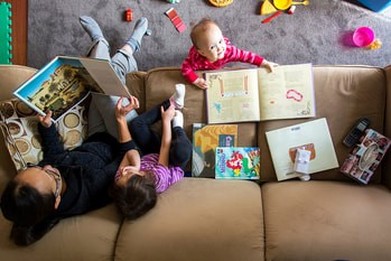
 RSS Feed
RSS Feed
